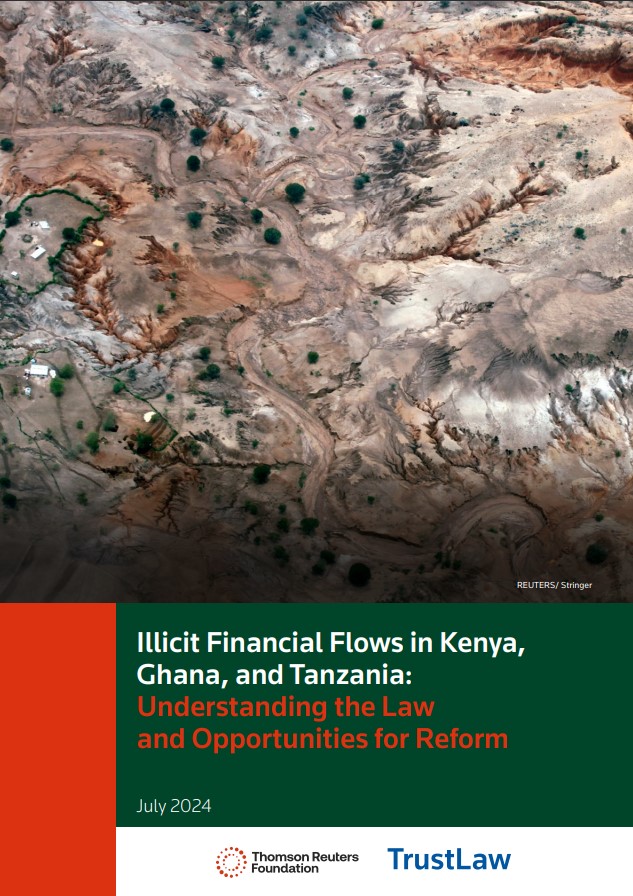This report provides a comprehensive overview of the legal and institutional frameworks governing illicit financial flows (IFFs) in Kenya, Ghana, and Tanzania at international, regional, and national levels. It delves into three prevalent forms of IFFs: tax-related IFFs, corruption, and money laundering. It addresses tax-related IFFs arising from aggressive tax planning and evasion, with a focus on the extractive sector in Ghana and Tanzania, although the study in Kenya is not sector-specific. The report then investigates corruption, a significant source of IFFs in all three countries, with a particular focus on the extractive sector in Ghana and Tanzania. Additionally, it examines money laundering in Kenya, emphasizing the banking and real estate sectors. It concludes by discussing the role of civil society organizations (CSOs) in combating IFFs, highlighting the challenges they face, and offering recommendations for effectively addressing these challenges.
Related resources
View all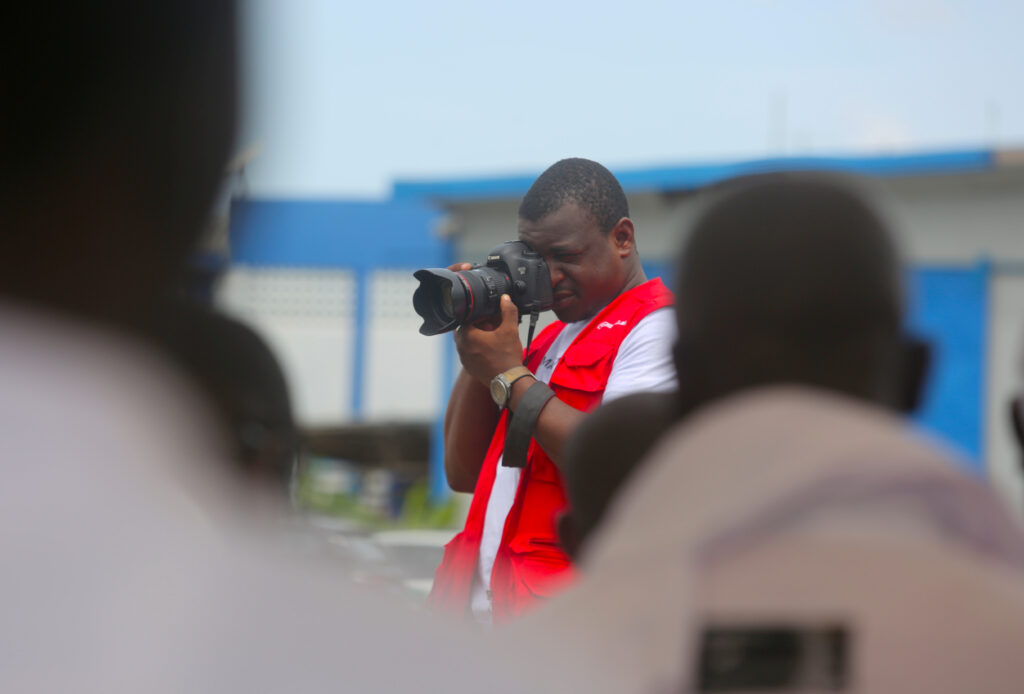
Understanding the Laws of Journalistic sources in Tanzania
This Guide provides journalists with a practical…
Read More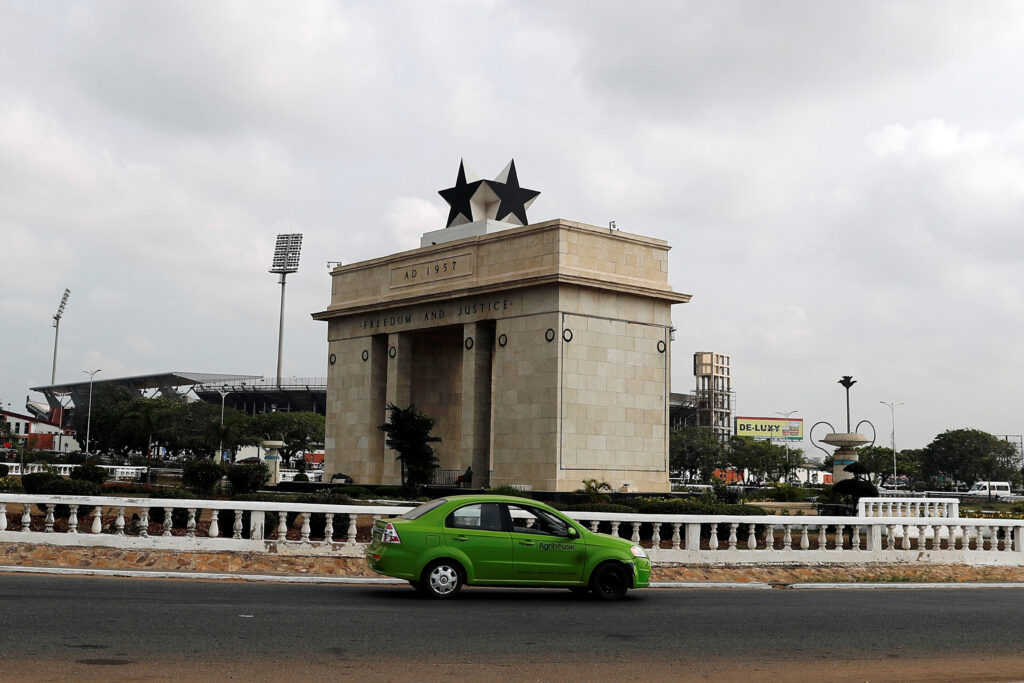
Understanding the Laws of Journalistic Sources in Ghana
This Guide provides journalists with a practical…
Read More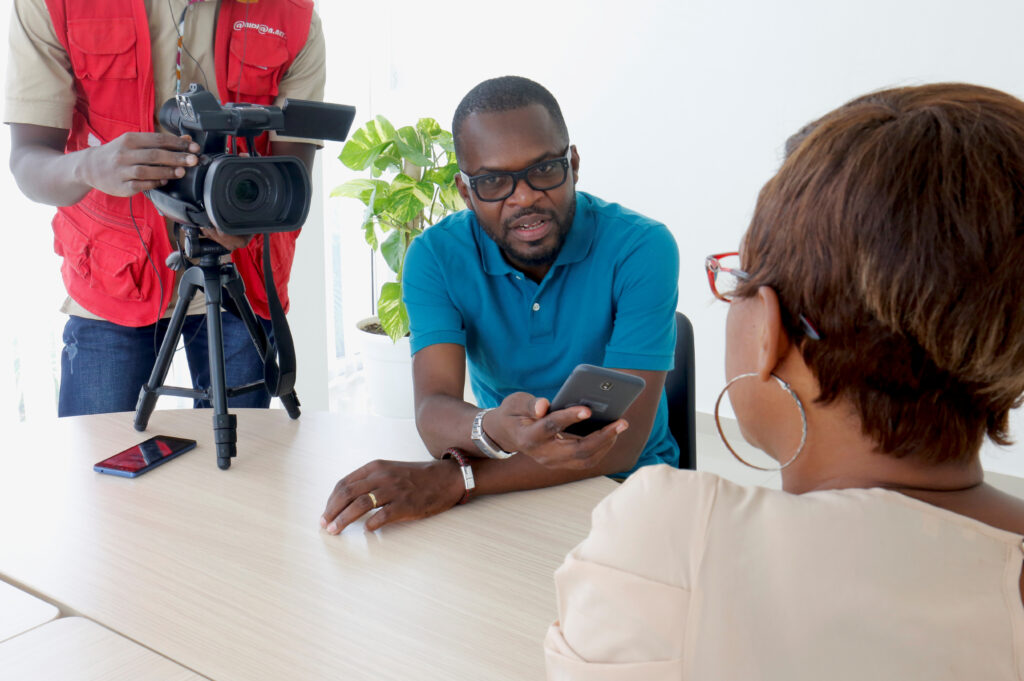
Understanding Defamation Laws in Tanzania
This Guide provides journalists with a practical understanding of defamation…
Read More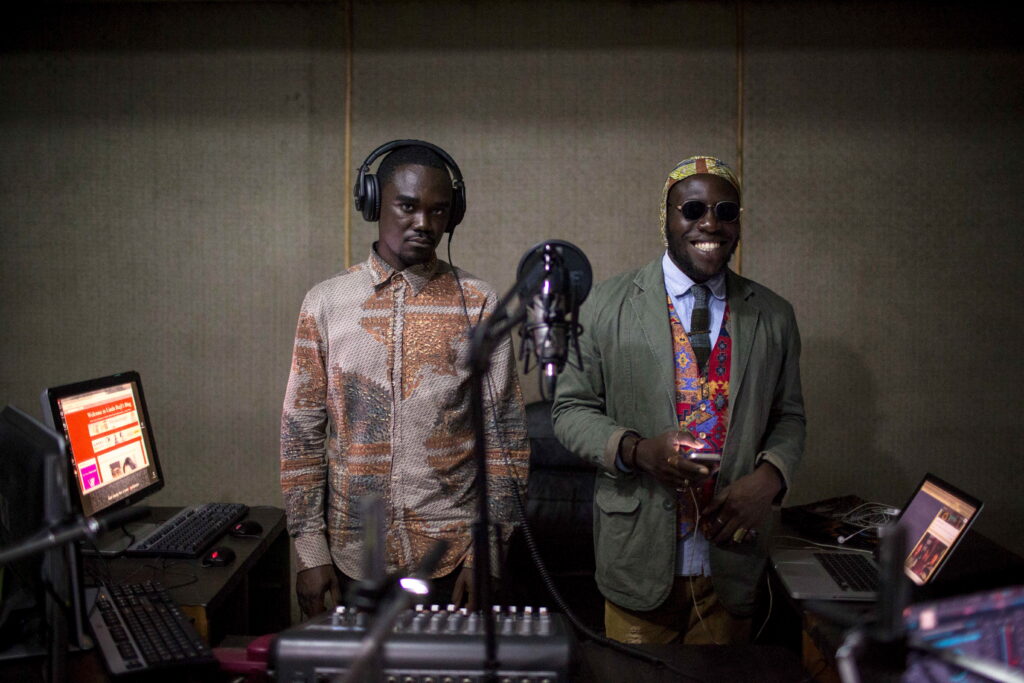
Understanding Defamation Laws in Ghana
This Guide provides journalists with a practical understanding of defamation laws…
Read More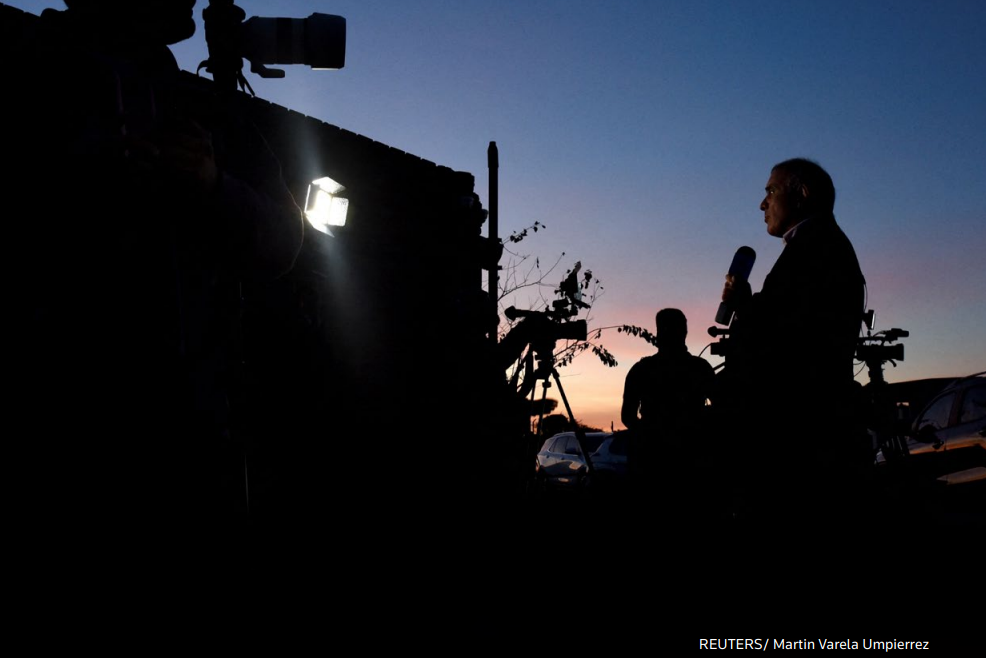
Before you publish: A journalist’s guide to safer reporting
This guide provides journalists with a…
Read More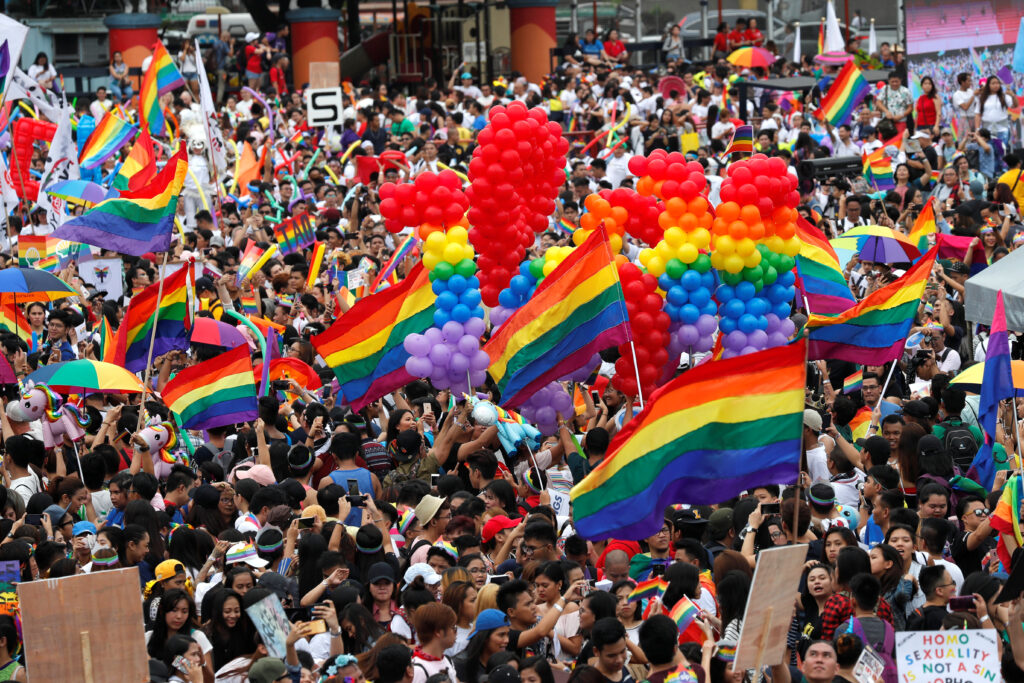
LGBTQIA+ Community Legal Guidebook in the Philippines
This Guidebook is designed to be a practical tool,…
Read More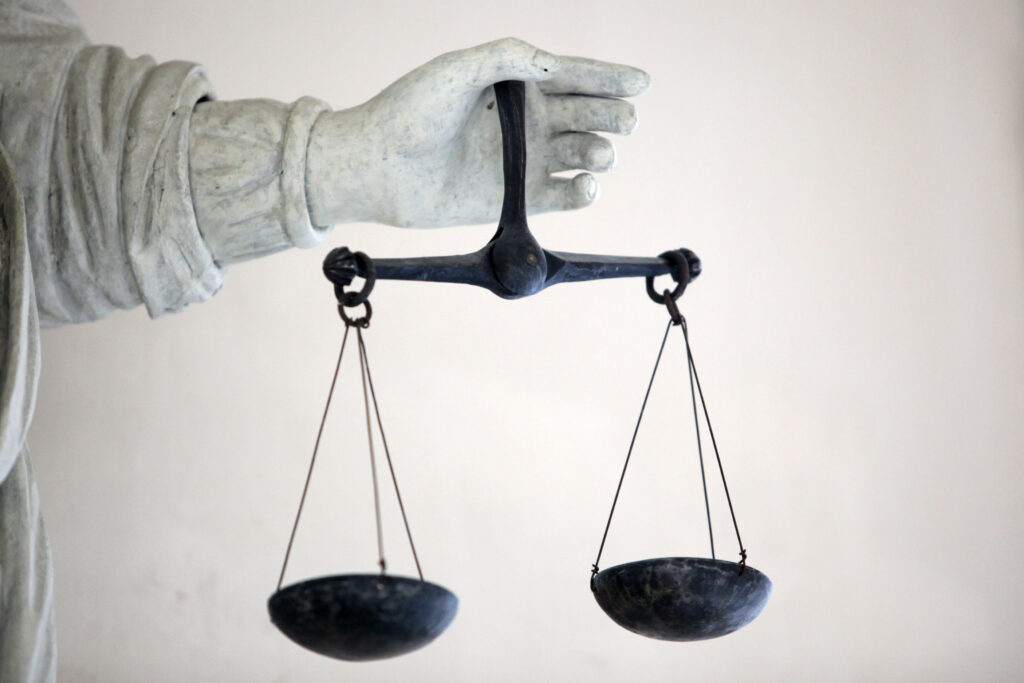
Pro Bono Advocacy Toolkit
Download our ready-made presentation deck for your business meetings, showcasing the key decisions your…
Read More
Kit de Herramientas Pro Bono
Nuestra presentación lista para usar en sus reuniones de negocios muestra las decisiones clave que…
Read More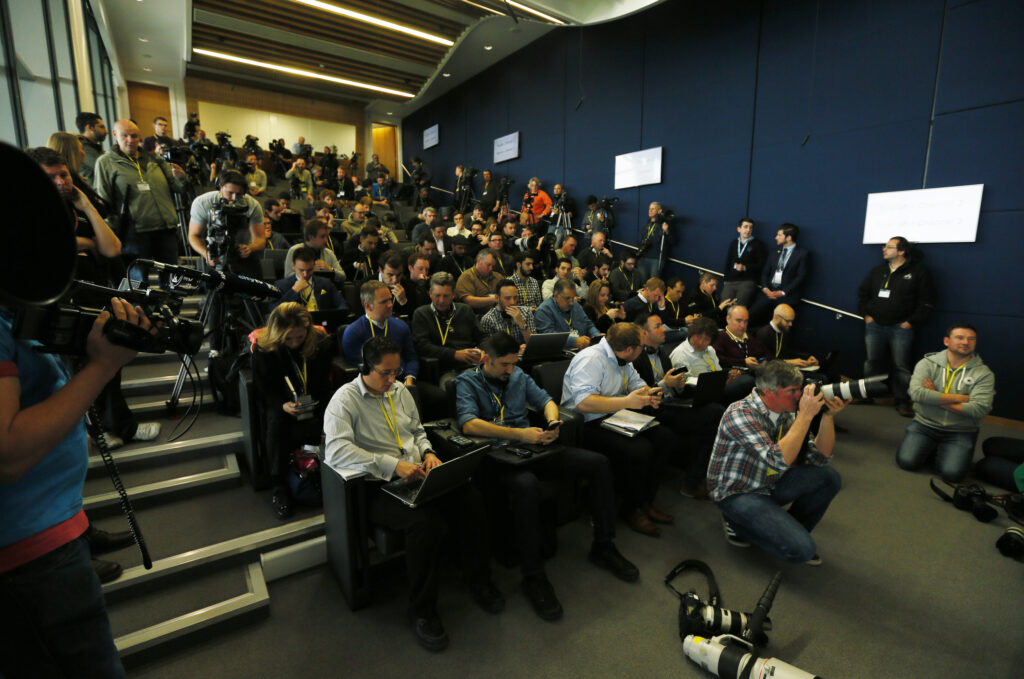
Employment rights guide for journalists in Moldova
Our comprehensive guide to employment rights for journalists…
Read More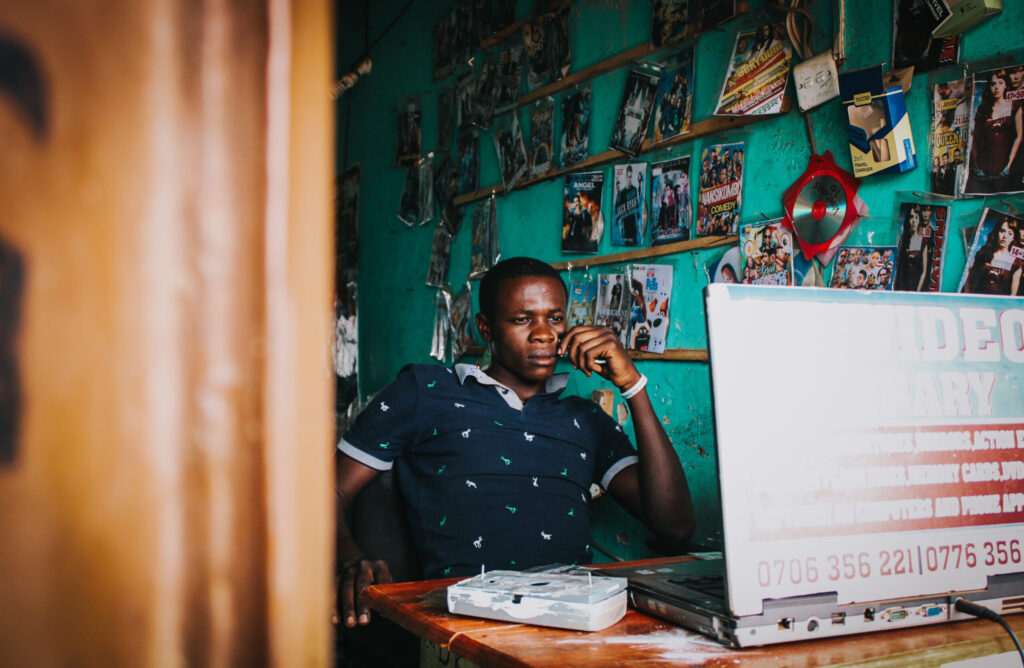
AI Governance for Africa toolkit
This three-part toolkit aims to empower journalists and CSOs to inform public discourse and…
Read More


